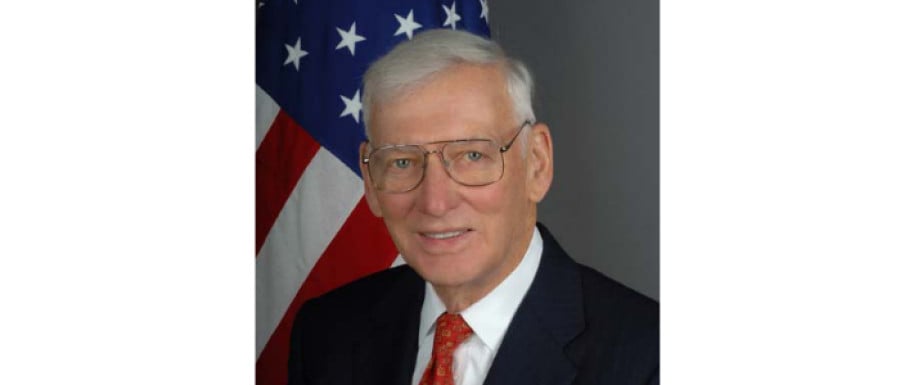How can we best promote racial diversity in U.K. football management?

The issue of discrimination in professional football has again come to the fore through public statements by FIFA Vice President Jeffrey Webb1 in The Guardian newspaper that such discrimination is “overt”. This time, attention turns to the under-representation of ethnic minority managers in the English football leagues.
In particular, the talk has focussed on the “Rooney Rule”, an American initiative established in 2003 that requires NFL clubs to interview at least one minority candidate for any head coach or senior football operations vacancy. Though the rule does not require any active preference to be given to that candidate, minority representation in NFL team management has reportedly jumped over that period from 6 to 22%2. If we assume, as we must, that the fortunes involved in doing well in the NFL mean that no team will consciously appoint anyone other than the person it sees as the best candidate, it becomes apparent that the compulsory minority interview has brought candidates into view who might otherwise have been missed.
On this basis Webb,Keith Curle3 (one of only two non-white football managers currently plying his trade in the top 4 flights of English football, 92 Clubs all told) and Kick it Out4 believe that the introduction of such a rule would address the under-representation issue here, while others, including Blackpool chairman, Karl Oyston,5 have either denied that racism exists in the sport or argued that if it does, the Rooney Rule is not the answer. While those statistics are striking, the obvious first question, however, is whether the Rooney Rule would even be lawful in this country.
The Equality Act 2010 and the Rooney Rule
The Equality Act 20106 prohibits discrimination in relation to race (that covers positive discrimination too, for the most part) in both employment and recruitment, including in the ‘arrangements’ made for deciding to whom to offer employment. ‘Arrangements’ is construed broadly and would include any selection process, including for example the questions on an application form or the compiling of any short-list.
On the face of it therefore, the Rooney Rule is likely to be held to be discriminatory7 if, in giving effect to it, the inclusion of the non-white candidate was at the expense of a better-qualified white candidate, rather than his simply being an additional candidate. Even in the latter case, there is still a risk, however, that if you have to have an ethnic minority candidate, that excludes considerations of persons ultimately fit to be interviewed for that position, so a similarly (un-) qualified white applicant might not get that same chance to be interviewed. The club might argue that the minority candidate would not have got the job anyway and therefore that the white claimant suffered no loss as he would not have got it either, but the Rooney Rule experience in the US seems to militate against this. Where premiership manager salaries run into millions, the compensation for discriminatory exclusion even from a chance of appointment could be very sizeable.
To continue reading or watching login or register here
Already a member? Sign in
Get access to all of the expert analysis and commentary at LawInSport including articles, webinars, conference videos and podcast transcripts. Find out more here.
- Tags: Diversity | England | Equality | FIFA | Football | National Football League (NFL) | Premier League | Rooney Rule | The Equality Act 2010 | United Kingdom (UK) | United States of America (USA)
Related Articles
- Restraint of trade and contracts in sport: lessons from the Rooney case
- Leading sports charity calls for an end to Board diversity procrastination
- Fighting discrimination in sport: Positive Action v Rooney Rule
- FIFPro: Players call for greater protection against discrimination
Written by
Andrew Peters
Andrew Peters is an Associate in the Labour and Employment team at Squire Patton Boggs, London. Andrew advises clients on the full range of employment law including both contentious and non-contentious issues.




